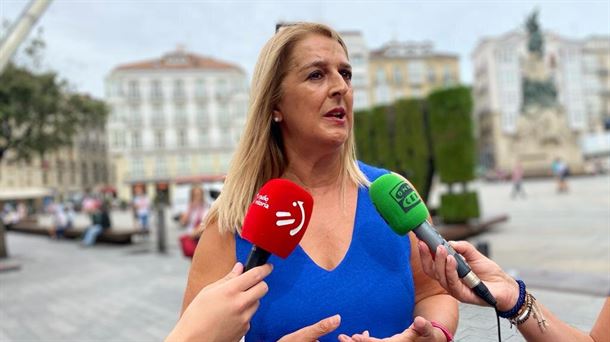The SPÖ has very little criticism of a government project when it comes to putting a brake on the electricity price. According to deputy club boss Jörg Leichtfried, there is nothing to fault in terms of content, but the government has simply taken too long. He argued for greater involvement in the search for solutions to the energy crisis in the future. The FPÖ sees the anti-inflation measure as a “half-hearted treatment of symptoms”.
The SPÖ had been calling for a brake on electricity prices for months, Leichtfried said, now it was “of course much too late”. The government has been claiming for months that the 150 euro voucher would be enough – but so far only ten percent of these vouchers have arrived. The price ceiling will only come into effect with a delay.
Households too little relief?
Leichtfried accused the government of doing too little to relieve households, businesses and energy suppliers during the energy crisis. “Governments across Europe are responding with a wide range of measures, but you could say that several standard models are slowly gaining ground, such as protective shields, price caps, price freezes and especially the skimming of excess profits.”
The government should work with the opposition to find solutions, but it is doing the opposite, Leichtfried said. For example, it was proposed to the energy minister and the government parties to meet before the energy ministers’ summit on Friday and to convene an EU subcommittee to discuss solutions. The government rejected that.
Kickl: “Most complicated solution that could be found”
For FPÖ chairman Herbert Kickl, the measure also comes “a year too late” and is “probably the most complicated solution that could be found”. From Kickl’s point of view, the main weapons would be to decouple the price of electricity from the price of gas and end the merit order principle. In addition, the FPÖ leader once again called for the lifting of sanctions against Russia. “By sticking to the EU’s sanctions policy against Russia, the Austrian government, in collaboration with the SPÖ and NEOS, is strangling the domestic economy and its own people. We are therefore at least preparing for the resistance to this destruction policy not only in parliament, but also side by side with the population on the street – because it is now really getting going.”
Wöginger convinced of “unbureaucratic aid”.
The ÖVP does not want to hear about it: “We help quickly, effectively and purposefully,” club president August Wöginger said in a broadcast. Three anti-inflation packages have already been deployed to relieve people. According to Wöginger, the fact that the state now pays part of the electricity bill yields an average of 500 euros for a household.
Environmental organizations: ‘Incentive to save is gone’
The environmental protection organization GLOBAL 2000 called for more accuracy: “It is right to help in the current energy crisis, we see the support for poor households in particular as positive. With the electricity price brake decided today in the Council of Ministers, the incentive to however, in too many cases completely lost.” Greenpeace agreed, with climate and energy expert Jasmin Duregger criticizing the fact that while money was “divided by the watering can”, the incentive to save electricity was lost “in many households”.
Caritas complained that the model presented was “only a limited aid” for people at risk of poverty and for people affected by poverty. “If those who are particularly affected through the group of GIS fee waivers are to be reached, it is essential that the group of claimants is re-evaluated. In addition, the fee waiver in general needs to be made more widely known,” says Caritas director Michael Landau and at the same time calls for support to be extended to heating costs.
Source: Krone
I’m an experienced news author and editor based in New York City. I specialize in covering healthcare news stories for Today Times Live, helping to keep readers informed on the latest developments related to the industry. I have a deep understanding of medical topics, including emerging treatments and drugs, the changing laws that regulate healthcare providers, and other matters that affect public health.



